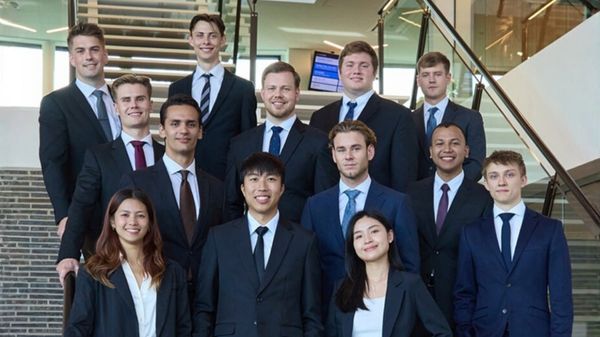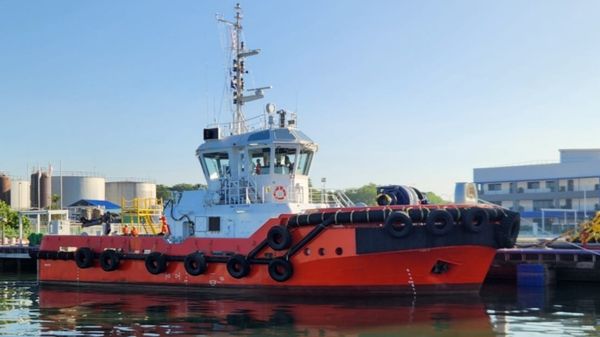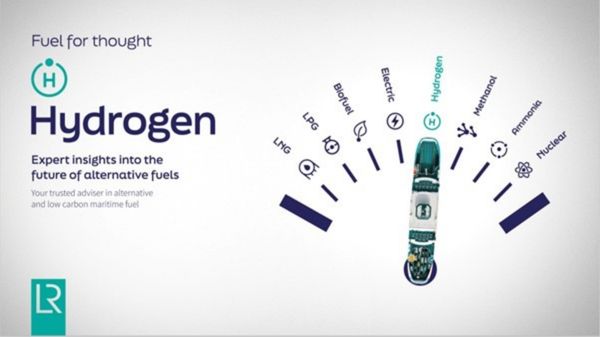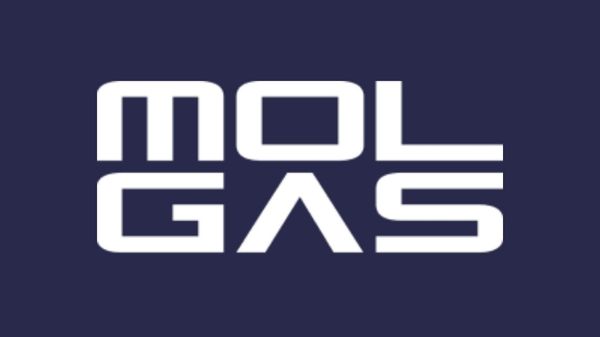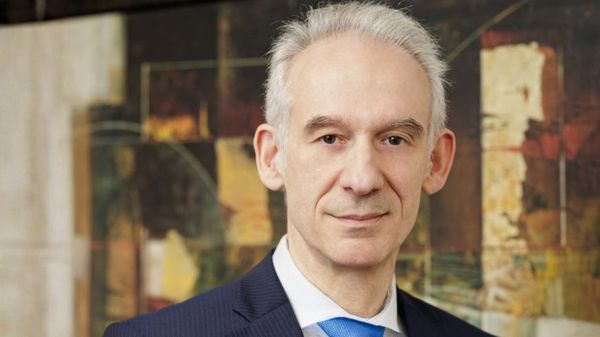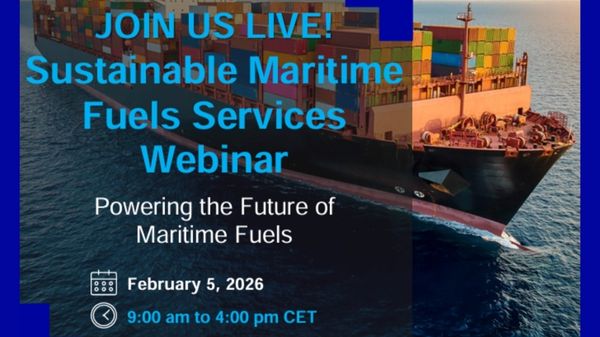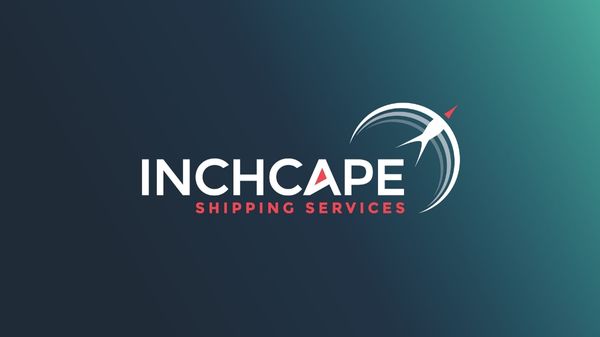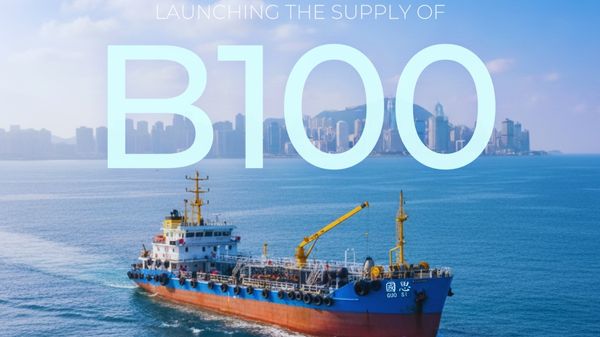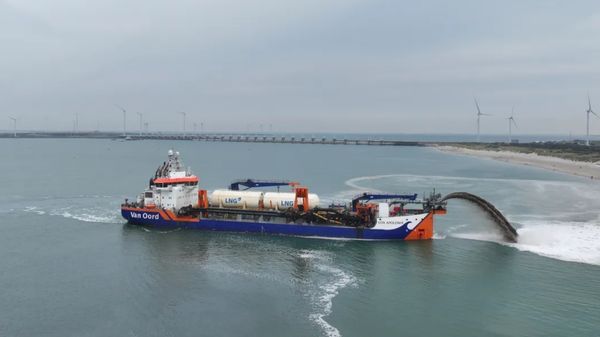Closing remarks by Kitack Lim, Secretary-General of the International Maritime Organization (IMO), at the end of the 70th session of the Marine Environment Protection Committee on 28th October 2016.
Mr. Chair, distinguished delegates and observers,
This was another exceptionally busy as well as momentous session of the Committee and your hard work, in particular the decisions made over these past five days, should, therefore, be recognized with immense appreciation. In the interest of time, I will only mention a few of those achievements.
***
It gives me immense satisfaction to congratulate the Committee on its successful and solid achievements in relation to the reduction of global greenhouse gas emissions:
1. the adoption of the amendments to MARPOL Annex VI on mandatory requirements for ships to record and report data on their fuel consumption;
2. the approval of the roadmap for developing a Comprehensive IMO strategy on reduction of GHG emissions from ships;
3. the completion of the review of the status of technological developments relevant to implementing phase 2 of EEDI requirements from 2020 other than ro-ro cargo ships and ro-ro passenger ships; and
4. the decision to start a thorough review on EEDI phase 3 requirements including its earlier implementation and the possibility of establishing a phase 4;
are truly showcases of the Organization's strong commitment to contribute to the ambitious and important goals of the Paris Agreement.
You have clearly demonstrated a firm determination to serve the best interests of the environment; you have concentrated your efforts on constructive developments to find solutions based on common ground; and you have taken real and creative action with a sense of cooperation and a spirit of compromise to arrive at innovative and practicable ways forward.
The decisions made by your Committee will enable the Organization to inform the next Conference of the Parties to the United Nations Framework Convention on Climate Change, which is to meet in Marrakech, Morocco, next month, on the tangible progress made, proving to the world that IMO continues to lead in delivering on the reduction of greenhouse gas emissions from international shipping.
Another significant decision of global importance taken by your Committee concerns the global sulphur cap implementation date which will no doubt project, to the wider world community, the image of an organization that is effective in the exercise of its regulatory mandate related to environmental health and united in its determination to ensure that international shipping remains the most environmentally sound mode of transport. Now is the time for the shipping and refinery industries, as well as for other stakeholders, to plan ahead. The certainty is there!
***
Mr. Chair, distinguished delegates,
Moving to ballast water management, I trust the entry into force of the Convention in September next year would serve as a strong incentive for Member Governments which has yet ratified it to do so as soon as possible to ensure universal participation in its implementation.
In this regard, the adoption of the revised Guidelines for the approval of ballast water management systems (G8) will no doubt boost the confidence on the robustness and reliability of the treatment technologies.
I listened attentively to the intense discussion on the draft amendments to the BWM Convention and would urge all the interested Parties to work together intersessionally towards a pragmatic implementation schedule, on the basis of Assembly resolution A.1088(28), for consideration and approval by your next session.
I should like to highlight some other significant achievements this session will be credited with on many other important items, in particular:
1. the designation of the region surrounding the Jomard Entrance as a PSSA; and
2. the approval of the draft amendments to MARPOL Annex VI to designate additional emission control areas (ECAs) for NOX Tier III control in the Baltic Sea and the North Sea respectively.
Mr. Chair, distinguished delegates,
We should be justly proud of the strong environmental credentials of this Organization, which provide convincing answers to any doubters or sceptics of IMO's work on environmental issues - both marine and atmospheric.
In line with this commitments, the Secretariat and myself will spare no efforts in assisting Members States in the implementation of relevant Conventions and requirements through the Technical Cooperation Programmes.
Distinguished delegates,
It is not easy to do justice to the exceptionally heavy and critically important workload of this particular session in just a few summary remarks. Let me, then, reiterate my thanks and congratulations to all of you Member States, IGOs and NGOs, and industry representatives for your dedicated and faithful contributions to the work of this session. I firmly believe that all of you should be proud of your achievements.
Special thanks are, of course, due to your Chair, Mr. Arsenio Dominguez of Panama, for having performed so well - exceptionally, I would add, even by your own standards. Arsenio, in leading the session to its successful conclusion, you applied the strength and wisdom that was needed to build consensus on many complex and sensitive issues - adding, for good measure, your unique brand of firm leadership and infectious cheerfulness. The Committee, quite rightly, expressed its undiminished appreciation for you by re-electing you by acclamation.
Our thanks are also due to the Committee's Vice-Chair, Mr. Hideaki Saito of Japan, for your commitment and the valuable support provided throughout this session, in particular, for chairing the Working Group on Reduction of GHG emissions from ships, not an easy task by any measure and you too have been re-elected by acclamation.
Our appreciation also goes to the other chairs of the various groups established this week, namely, Ms. Makinen of Finland, Mr. Wiley of Canada, Mr. Yoshida of Japan and Mr. Steinbock of Germany; and, of course, to the coordinators of the various correspondence groups that have reported to this session.
I wish to pay a special tribute to all the staff of the Marine Environment Division for their tremendous input in the preparation of this session and throughout this very intense week. All this is only possible through hard work, an excellent team spirit and strong leadership, which the Division's Director, Stefan Micallef, has delivered with his usual dedication and commitment. He was strongly supported by all the staff in the Division and, in particular, by the Division's Senior Deputy Director, Heike Deggim. My special thanks also go to the interpreters and all the staff of the Conference Division, including the translators and colleagues in the Conference and Documents Sections. Ably led by the Division's new Director, Mr. Li Youqiang, all of them worked as true professionals of a high calibre for very long hours almost every day and, together with many members of staff from other Divisions, delivered quality support services.
Distinguished delegates,
Before I close my statement, I wish to say farewell to some among us who are about to leave and we thank them wholeheartedly for their valuable contribution to the work of the Committee and IMO in general. Amongst them are: Mr. Christian Breinholt, former MSC Chair and delegate of Denmark, Ms. Lolan Eriksson, Head of the delegation of Finland, and Mr. Niels Bjorn Mortensen of the World Shipping Council.
It now remains for me to wish you all a nice weekend - and to those who have to travel home a safe journey.
Thank you.

